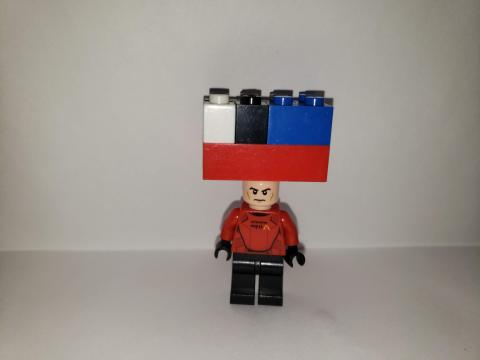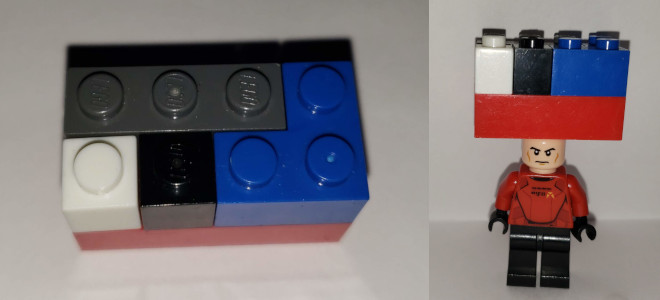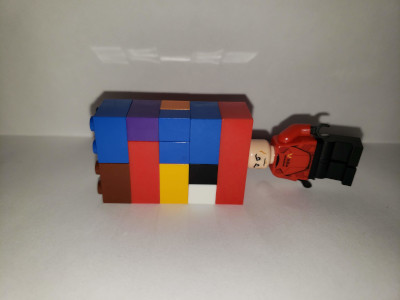Emotion Burdens With Building Blocks 2021 Edition


|
I originally started using building blocks, with the boys, to discuss their worries. It gave them the ability to express just how much they were worried about one issue verses another. It allowed me to understand which worries needed the most support and guidance to help resolve them.
I have since expanded the concept for all emotions beyond worries, things that cause anxiety, fear, anger, sadness, and so on. Basically, anything that uses up our energy or causes us to feel burdened. Sharing via my Gardening blog as it is in my gardens where I often ponder these concepts. It is also where I realized the same concepts apply to adults and the world at large. Obviously how I would communicate this to adults will be different than how I discuss them with two young boys. Some concepts and word choices would be woefully inappropriate for children. I strive to be honest and open but in an age appropriate and kind way. Emotional burdens literally come in all shapes and sizes. Ranging from the smallest (block on the top) to the largest (block on the bottom). However, these burdens are additive and while our worries are internal in many ways it is as if we are carrying them on our head. However, we have no way of ever knowing just how much burden someone is carrying. Always important to be mindful that someone's behavior may have nothing to do with you, they may literally, have a lot on their mind.
|
|
We all have our limits at which point the burden will cause us to “fall”, make mistakes, or otherwise make it difficult for us to function. Everyone has a different limit, and that limit can literally change depending on your physical energy. A person’s limit is higher if they have gotten enough sleep, healthy meals, not ill, and the list goes on. Our previous life experiences can also impact our ability to carry a burden but can also change our perception of just how large that burden is.
When something happens, that in the greater theme of things, is small it can be that thing that pushes us over our limits. We may become upset, angry, or simply sad and find ourselves asking ourselves why we reacted, so strongly to something so small. The answer, simply is, because of all those other burdens. Healthy – this is by far from an exhaustive list.
Unhealthy – this is by far an exhaustive list.
Final ThoughtsAs I reflect on the last 12+ months and how Covid has impacted the world there have been many positive and encouraging examples of people coming together to help each other with this burden. There also have been far too many examples of people throwing their building blocks at others. There has been a lot of fear and anxiety. Some are afraid of catching Covid and becoming seriously ill from it and/or passing it on to someone else who does. Some are afraid of governmental control and interference in their day to day lives. Some are afraid of losing their jobs, businesses, and being unable to provide for themselves. In many cases all three apply but in all cases, we are reacting to our fears along with being frustrated by how little we can control. Instead of throwing blocks at each other I believe we instead should work together to build a better world and future for our children. |
|

